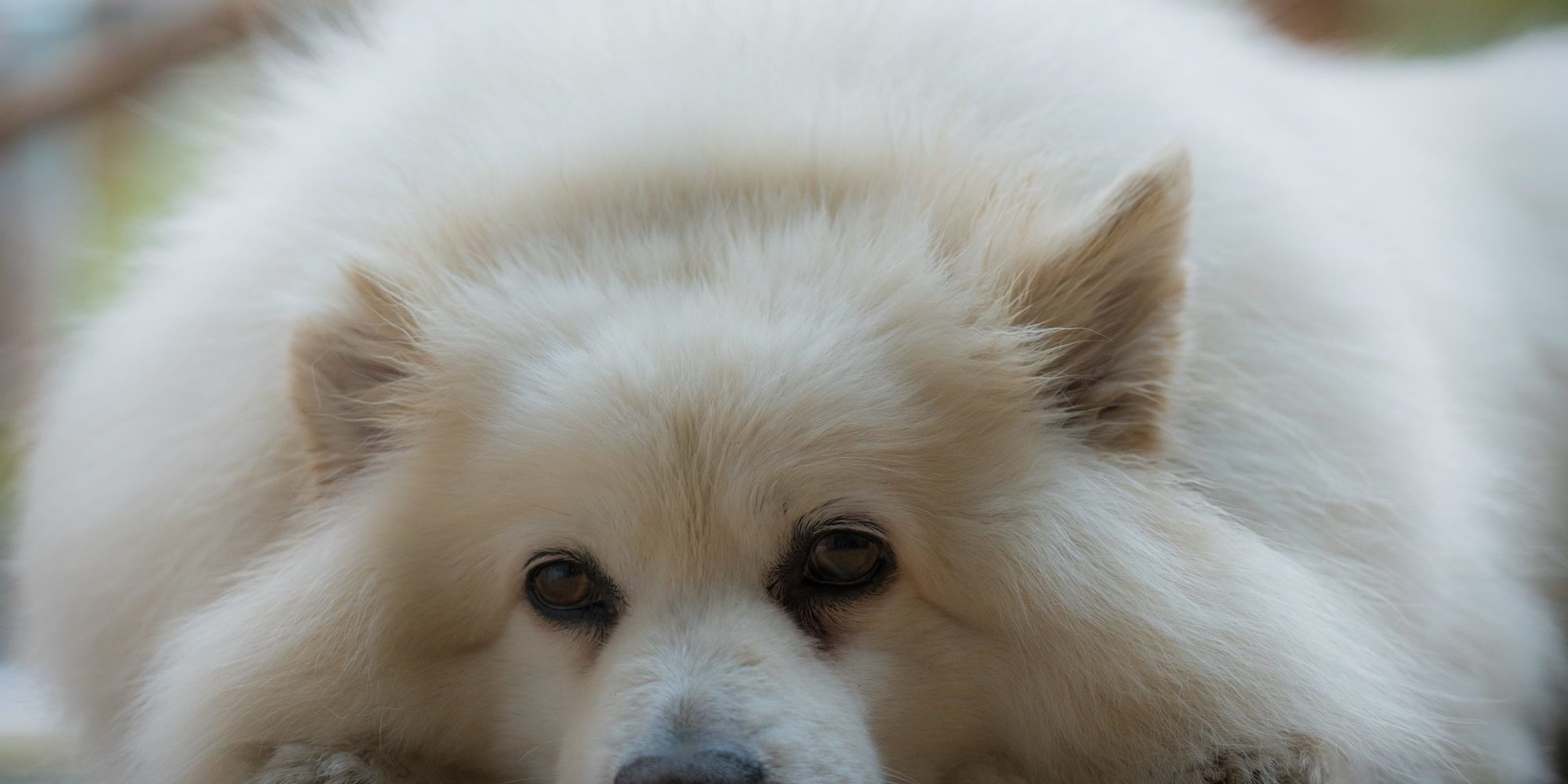Constipation is an obstruction of the colon with difficulty to pass dry, hard and firm faeces. Obstipation is a severe obstruction with an inability to defaecate at all. Clinical signs are:
- Straining to defaecate and/or defaecating small amounts of dry hard firm stool
- Straining with small amounts of liquid stool
- Occasional vomiting and not wanting to eat
- Depression / Lethargy
Cause
Constipation can occur with any condition that impairs faecal transit through the colon. Common causes are:
- Bones, hair, foreign bodies, or changes to diet.
- Changes to toileting frequency.
- Enlarged prostrates in older dogs causing pain on defecation, anal gland abscess, fusion of the tail base due to arthritis which can cause an inability to lift the tail and allow for easy defecation (very common in Huntaways),rectal strictures or trauma.
Procedure
Since there are many potential causes of constipation, your veterinarian may suggest the following diagnostic tests:
- X-ray: Abdominal x-rays can aid your veterinarian in seeing the potential underlying cause and severity of the constipation in the colon.
- Complete Blood Count: Your veterinarian may suggest blood work to see if there any underlying disease or infection that may be the cause of the constipation.
The goal of treatment is to relieve the constipation while trying to treat an underlying condition that can lead to repeat chronic constipation.
Your veterinarian may suggest the use of some type of enema solution to help break up the hardened faecal material. In many cases this will require full general anaesthesia and manual removal of hard faeces. This can take anywhere from 20 minutes to an hour depending on the severity. A repeat enema may be required if not all the faeces can be removed. Hospitalisation is until normal faecal matter has been passed naturally, usually the following day.
Your veterinarian may suggest some form of fluid therapy. Where dehydration is present, intravenous fluid therapy is beneficial and can help aid in the softening of the faeces making it easier to remove.
Addition of some fiber to the diet helps increase water inflow into the large bowel producing a soft, well-formed stool. Oral medications which aid in the lubrication and movement of ingesta through the intestinal system, which will also help to prevent the reoccurrence of constipation may be required.
If constipation is due to an enlarged prostate, castration will also be recommended as part of the treatment plan.






